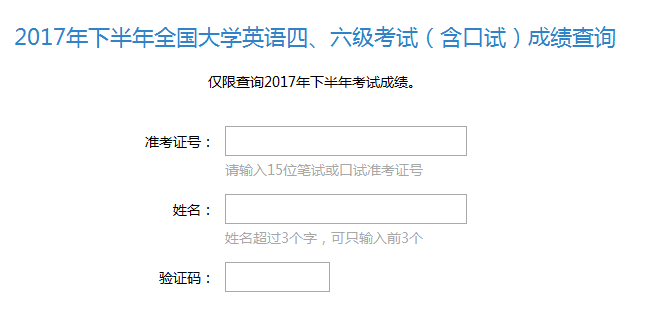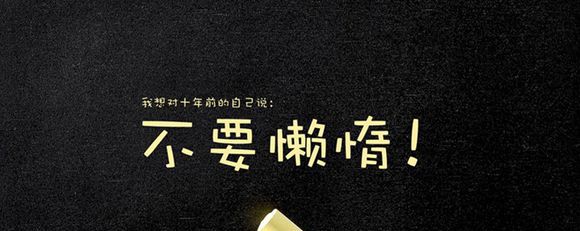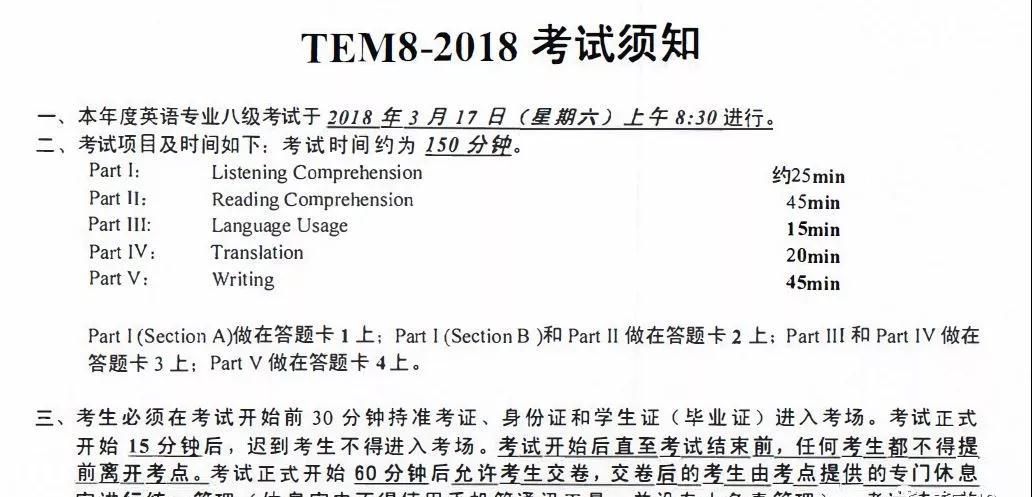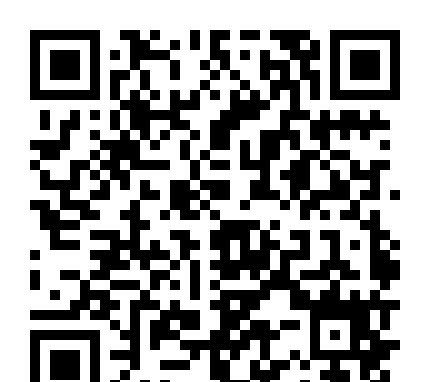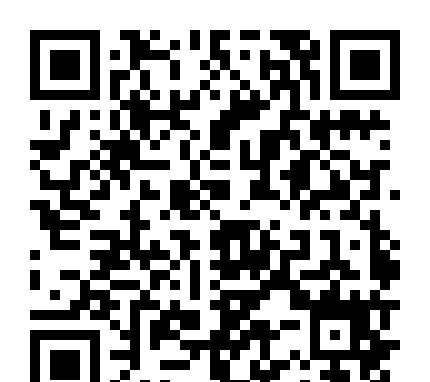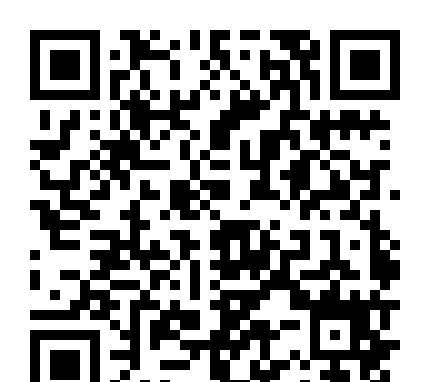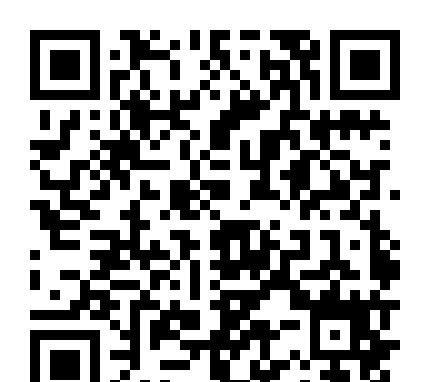GMAT考试写作指导:Issue写作范文五六
|
56. This statement is ambiguous. It could mean, literally, that business success depends on knowing more than anyone else about one's operations, products and markets. Or it could be a subtle recommendation to acquire privileged information, by whatever means, to use for one's own advantage. I agree with the statement in the first sense. However, I strongly disagree with many implications of the second possible meaning. It goes without saying that competitive edge in business is a function of knowledge. It is crucial to fully understand the technology and uses of one's products; and it is prudent to micromanage operations, knowing as much as possible about the small details that can add up to a significant economic difference. It is also prudent, and legitimate, to take every measure to protect that knowledge as trade secrets, since they often play a pivotal role in a firm's competitiveness. But the advice to know something that nobody else does could easily become distorted. If taken another way, the advice could recommend that one dig up dirt in order to damage or discredit a rival. It could also be taken to recommend stealing trade secrets or other inside information from a competitor in order to gain an unfair business advantage. All of these tactics are some also violate civil and criminal laws. Moreover, the recommendation to find and use any information, even unfairly or illegally, can backfire. People who follow such advice risk civil liability, criminal prosecution, and the loss of an important business asset—their good reputations.. In sum, I agree with the statement up to the point that it validates detailed and even proprietary knowledge as a key to competitiveness. Insofar as the statement sanctions unfair practices, however, following it would be unethical, bad for business, and damaging to the character and reputation of the perpetrator. |

